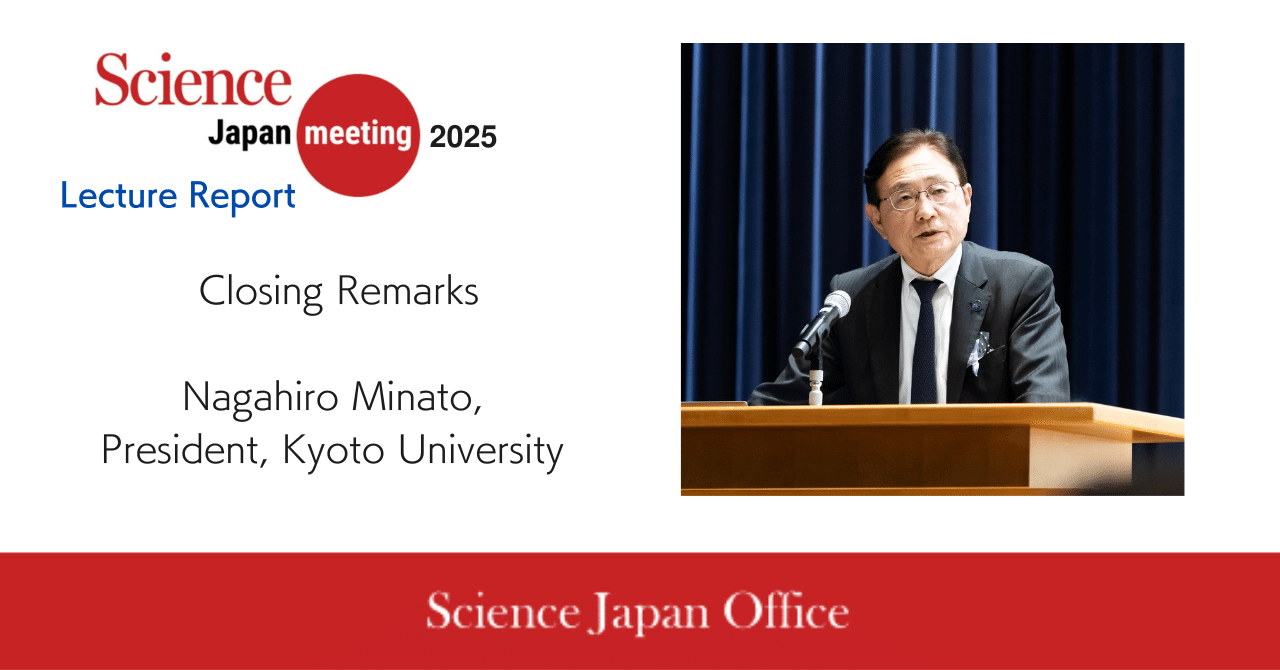
■ Closing Remarks:
Title: Role of Research Universities in Japan
Speaker: Nagahiro Minato
President, Kyoto University
Nagahiro Minato, President of Kyoto University, concluded the Science Japan Meeting 2025 by expressing gratitude to the American Association for the Advancement of Science (AAAS) and other supporting organizations for sponsoring the event. He highlighted the increasing societal interest in Japanese universities and the growing expectations for research universities to play a significant role in addressing contemporary challenges. This shift aligns with reflections on Japan’s “lost decades,” a period marked by economic stagnation and social inertia following the nation’s earlier era of rapid economic growth driven by large-scale enterprises in the heavy manufacturing sector.
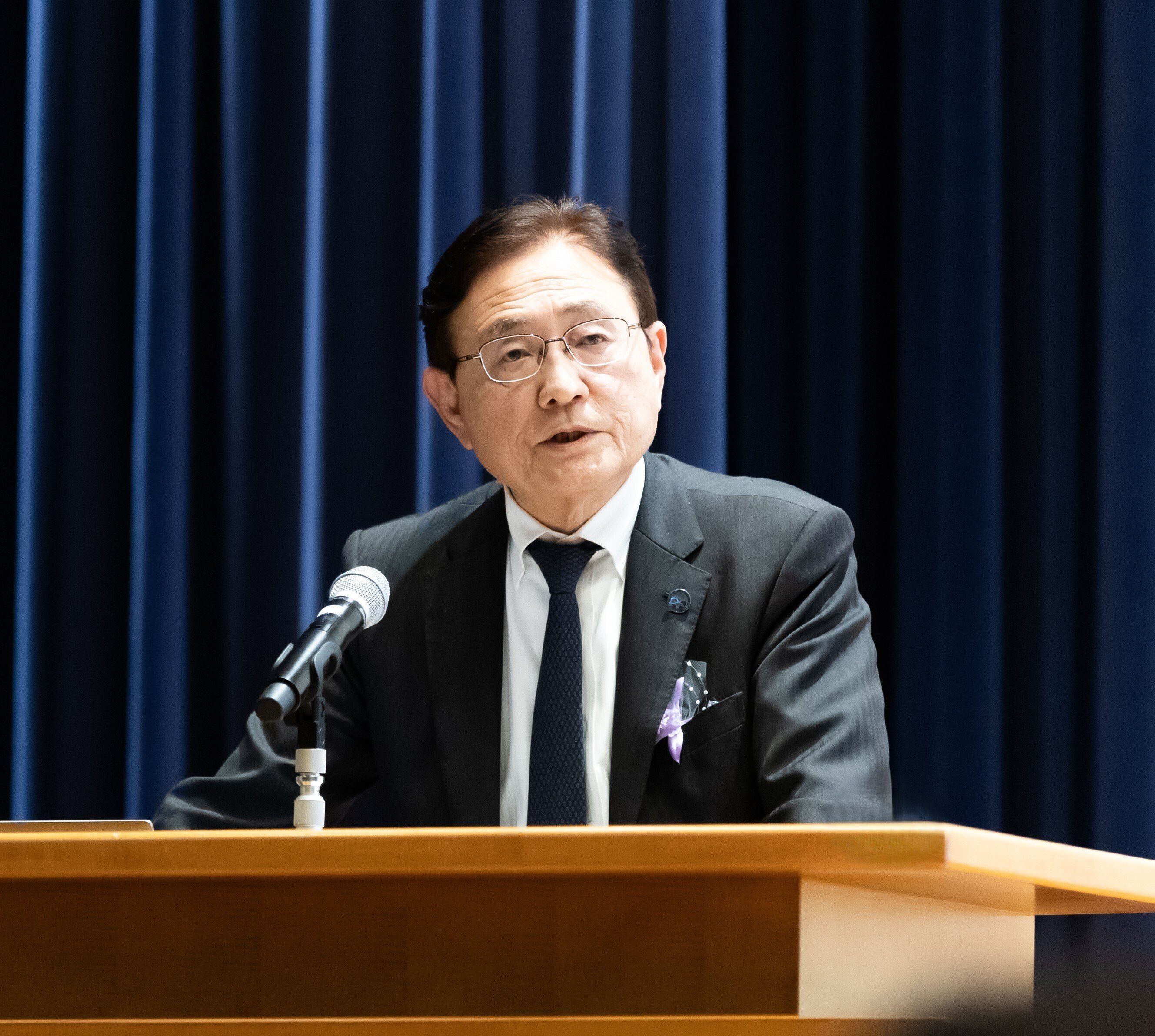
Minato noted that recent technological innovations and globalization have rendered Japan’s traditional growth model less competitive. Consequently, research universities are becoming central to technological innovation and human resource development. This shift necessitates that these institutions redefine their social missions and adapt their structures to meet evolving expectations.
A fundamental principle of Japanese research universities has been academic freedom, which remains crucial for fostering basic research. Minato emphasized the importance of three key missions for modern research universities: ensuring academic freedom to drive groundbreaking research, creating multidisciplinary platforms to address emerging global issues, and efficiently translating scientific discoveries into societal values.
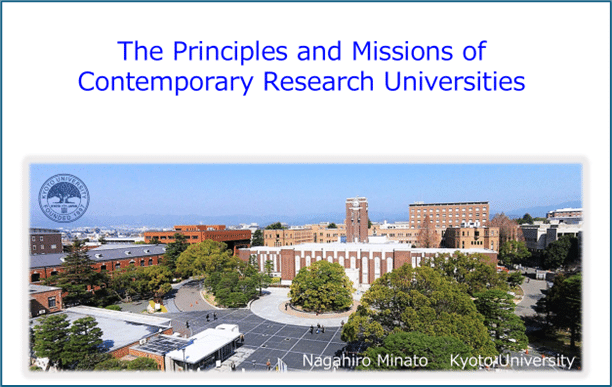
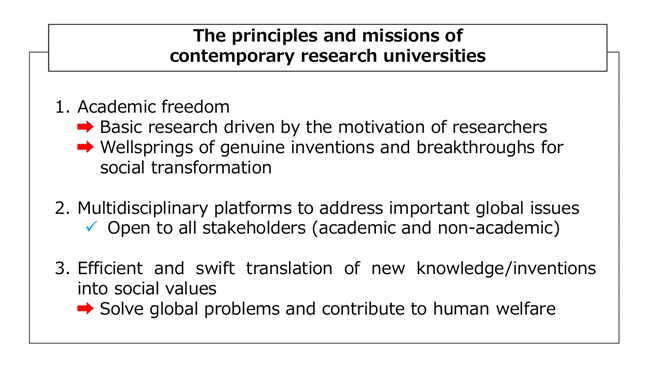
Minato also highlighted the need to rethink industry-academia collaborations, making them more efficient and flexible. He proposed comprehensive agreements that allow collaborations from the earliest stages of research and development (R&D), with a shared understanding of social needs and R&D targets. He emphasized the importance of industry contributions, such as financial investment and the provision of technology and human resources, to promote the social implementation of research outcomes.
To illustrate the potential of industry-academia collaboration, Minato cited Kyoto University’s recent partnership with multiple companies to develop the photonic crystal surface-emitting laser (PCSEL), a groundbreaking semiconductor laser. He advocated for a model between industry and academia that is more reciprocal, interactive, and trusting to foster transformative innovations and address major social issues.
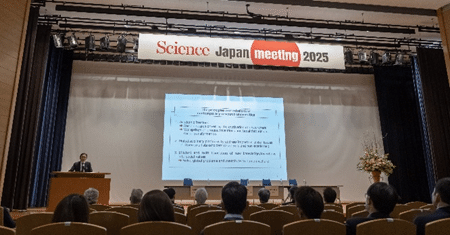
コメントを残す